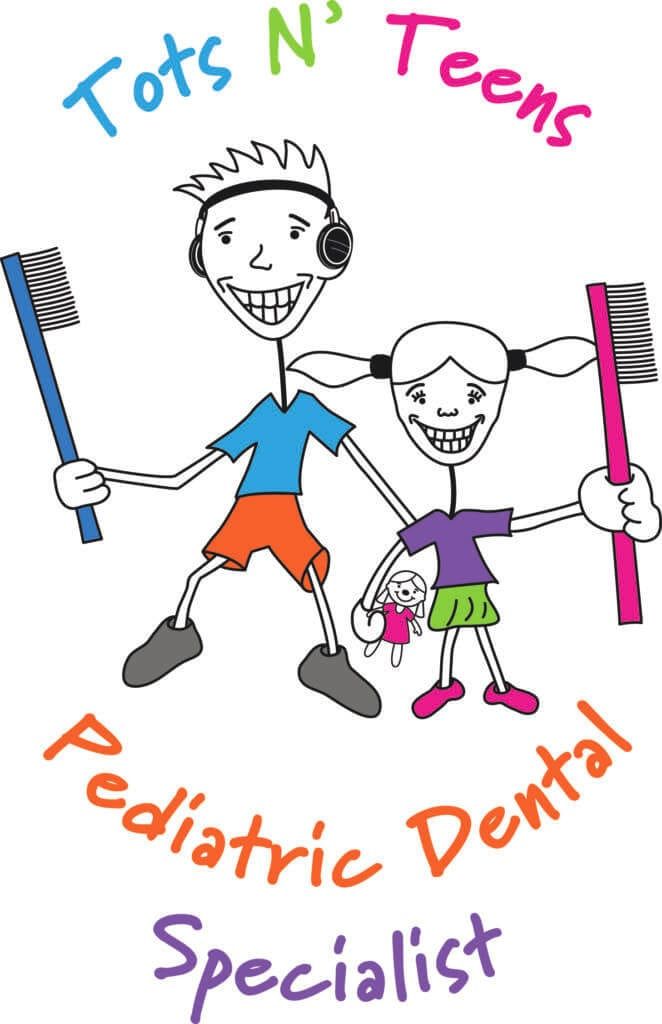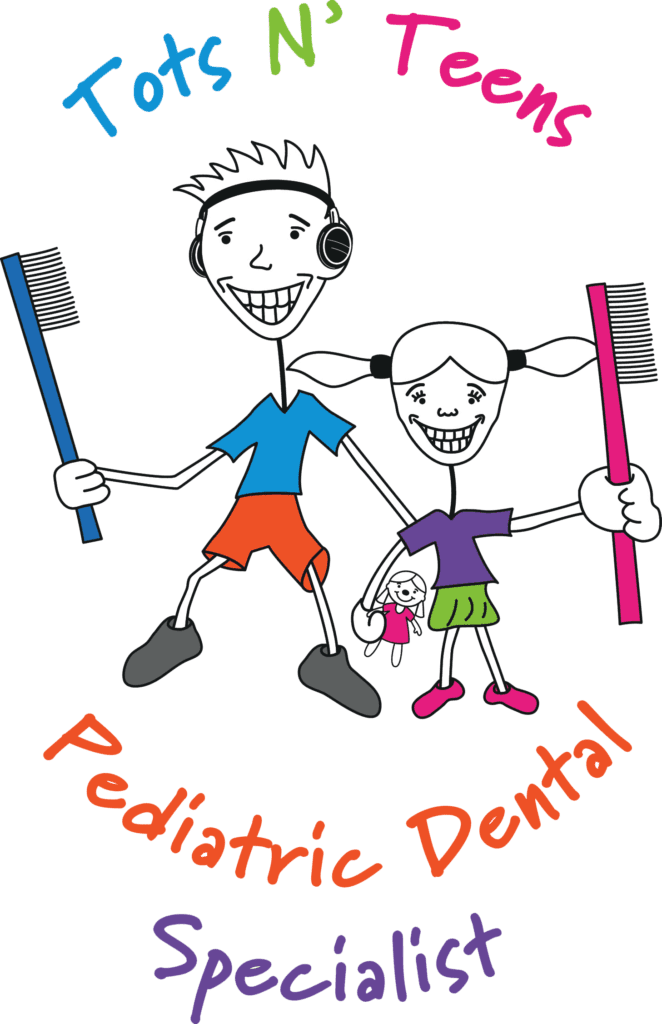During most dental treatment, Dr. Mbibi allows one Parent in the room to be a “Silent Observer”: we ask that you stay silent so that Dr. Mbibi and her staff’s attention is fully devoted to your child.
Sometimes, it may be in the best interest of your child that an overly fearful parent not be in the room, as kids can become afraid when they sense fear in their Parent. Another instance when Parents are not allowed in the treatment room is during General Anesthesia.
This is a safe and effective treatment modality to reduce anxiety, pain, and discomfort, making dental treatment comfortable for your child. A nasal hood will be placed over your child’s nose, and the “laughing gas” will take effect in a few minutes.
Your child will be fully conscious, able to respond to questions, breath on his/her own, and will more than likely be watching our over-head TV while treatment is completed.
After treatment is completed, 100% oxygen will be administered and the effects of the laughing gas will fully wear off in about 5 minutes.
Please understand that Nitrous oxide is not always effective on extremely anxious and fearful children, or children with special health care needs. In those cases, oral sedation or general anesthesia will be recommended.
Prior to your appointment:
• Please notify us of any changes in your child’s health or medical condition.
• Tell us if your child has a cold or any other respiratory conditions that will make breathing from the nose difficult; in such instances, nitrous oxide will not be effective.
• Let us know if your child has had a recent ear infection
• Let us know if your child is taking any medications; whether prescribed, over-the-counter, or herbal medications
In some patients unable to receive dental treatment due to age, physical, or certain medical conditions, oral conscious sedation can safely and effectively be used. Sedation can help increase cooperation and reduce anxiety and/or discomfort associated with dental treatment. Various medications can be used to sedate a child; medicines will be selected based upon your child’s overall health, level of anxiety, and dental treatment recommendations.
Once the medication has been administered, it may take up to an hour before your child shows signs of sedation and is ready for dental treatment. Most children become relaxed and/or drowsy and may drift into a light sleep from which they can be aroused easily. Unlike general anesthesia, sedation is not intended to make a patient unconscious or unresponsive.
Some children may not experience relaxation but an opposite reaction such as agitation or crying.These also are common responses to the medicines and may prevent us from completing the dental procedures. In any case, our staff will observe your child’s response to the medications and provide assistance as needed. Our first priority is to be able to complete your child’s treatment in a safe and comfortable environment. We want your child to have a positive office experience that will help build healthy dental habits for a lifetime!
Prior to your appointment:
• Please notify us of any changes in your child’s health or medical condition.
• Tell us if your child has had any respiratory conditions within the past six weeks.
• Let us know if your child is taking any medications; whether prescribed, over-the-counter, or herbal medications
• Oral conscious sedation will not be administered if your child has a fever, a cold, or ear infection
• Your child should should not eat anything 6 hours before his/her appointment. Since sedation appointments are done in the morning, we advice that your child not eat anything after midnight.
After the appointment:
• Your child will be drowsy and will need to be monitored very closely. Keep your child away from areas of potential harm.
• If your child wants to sleep, place them on their side with their chin up. Wake your child every hour and encourage them to have something to drink in order to prevent dehydration. At first it is best to give your child sips of clear liquids to prevent nausea. The first meal should be light and easily digestible.
• If your child vomits, help them bend over and turn their head to the side to insure that they do not inhale the vomit.
• Prior to leaving the dental clinic, you will be given a detailed list of “Post-Op
Instructions” and an emergency contact number if needed.
General anesthesia may be needed in children that are very young, children with special health care needs, and/or children that do not cooperate for treatment using nitrous oxide or oral conscious sedation.
General anesthesia will be provided by an anesthesiologist whose sole responsibility is to keep your child safe, while Dr Mbibi focuses on rendering your child’s dental treatment. This would be same as if he/she was having tonsils removed or ear tubes placed.
Prior to your appointment:
• Please notify us of any change in your child’s health. Do not bring your child for treatment with a fever, ear infection or cold. Should your child become ill, contact us to see if it is necessary to postpone the appointment.
• You must tell the doctor of any drugs that your child is currently taking (prescribed, over-the-counter, or herbal medications) and any drug reactions and/or change in medical history.
• Please dress your child in loose fitting, comfortable clothing.
• Your child should not eat or drink anything after midnight.
• The child’s parent or legal guardian must remain at the hospital or surgical site waiting room during the complete procedure.
After the appointment:
• Your child will be drowsy and will need to be monitored very closely. Keep your child away from areas of potential harm.
• If your child wants to sleep, place them on their side with their chin up. Wake your child every hour and encourage them to have something to drink in order to prevent dehydration. At first it is best to give your child sips of clear liquids to prevent nausea. The first meal should be light and easily digestible.
• If your child vomits, help them bend over and turn their head to the side to insure that they do not inhale the vomit.
• Prior to leaving the outpatient center, you will be given a detailed list of “Post-Op Instructions” and an emergency contact number if needed.

